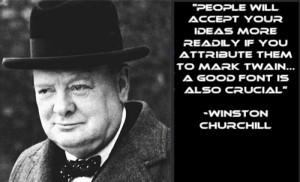Last week we talked about the difference between stocks and bonds. Today, we will talk about how we can use mutual funds to buy stocks and bonds.
You’ve probably been told that it’s a good idea to have a diversified portfolio. This means that you shouldn’t invest all of your money in one company. If that company goes bust (or just loses a lot of value), your whole portfolio goes down. But, by diversifying (a.k.a. adding more companies to your mix) you have a cushion against one of your investments doing poorly.
But, it can be hard to have enough money or time to put together a mix of companies AND monitor when to sell what you have and buy something different. For one thing, some stocks are really expensive. If you want to buy 10 shares each of stock in Apple ($100/share), Chipotle ($662/share), and Alibaba ($88/share), you’d need to shell out $8,500! And that doesn’t even buy you any bonds.
So, what’s an investor to do? Team up with other investors, pool your money together for more purchasing power, and hire a money manager to buy and sell investments for you. That, my friends, is a mutual fund.
 Mutual funds take a bunch of people’s money and buy a variety of investments that are researched and monitored by a fund manager and his team of happy analysts. They charge for the service in a variety of ways (loads, expense ratios – more on this in a later blog).
Mutual funds take a bunch of people’s money and buy a variety of investments that are researched and monitored by a fund manager and his team of happy analysts. They charge for the service in a variety of ways (loads, expense ratios – more on this in a later blog).
Mutual funds invest in different areas of the investment market. Some specialize in stocks of large US corporations. Others focus on small companies. Some mutual funds buy international stocks, others buy government bonds.
Often, you can tell by the name of the fund where the money is invested. For example, the Dodge and Cox Income fund is a bond fund. Other fund names like Windsor, Wellington, Contrafund, or Real Return funds are not so obvious, so you need to do a little research to know where the fund focuses.
It’s important to pick mutual funds based on the area of the market, not so much performance. Comparing the return of a fund that invests in US large corporations to one that invests in overseas bonds is like comparing apples to pork chops.
Mutual funds are priced once per day, after the stock and bond markets close. The prices of the investments held by the fund are used to determine the share price of the fund itself. You can only buy or sell mutual funds at the close of market trading.
Next week, we’ll look at more details of how mutual funds are sold and the expenses you can expect.


